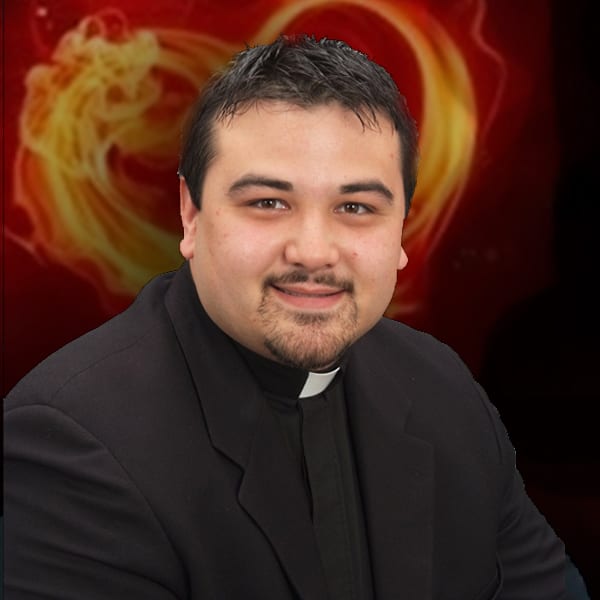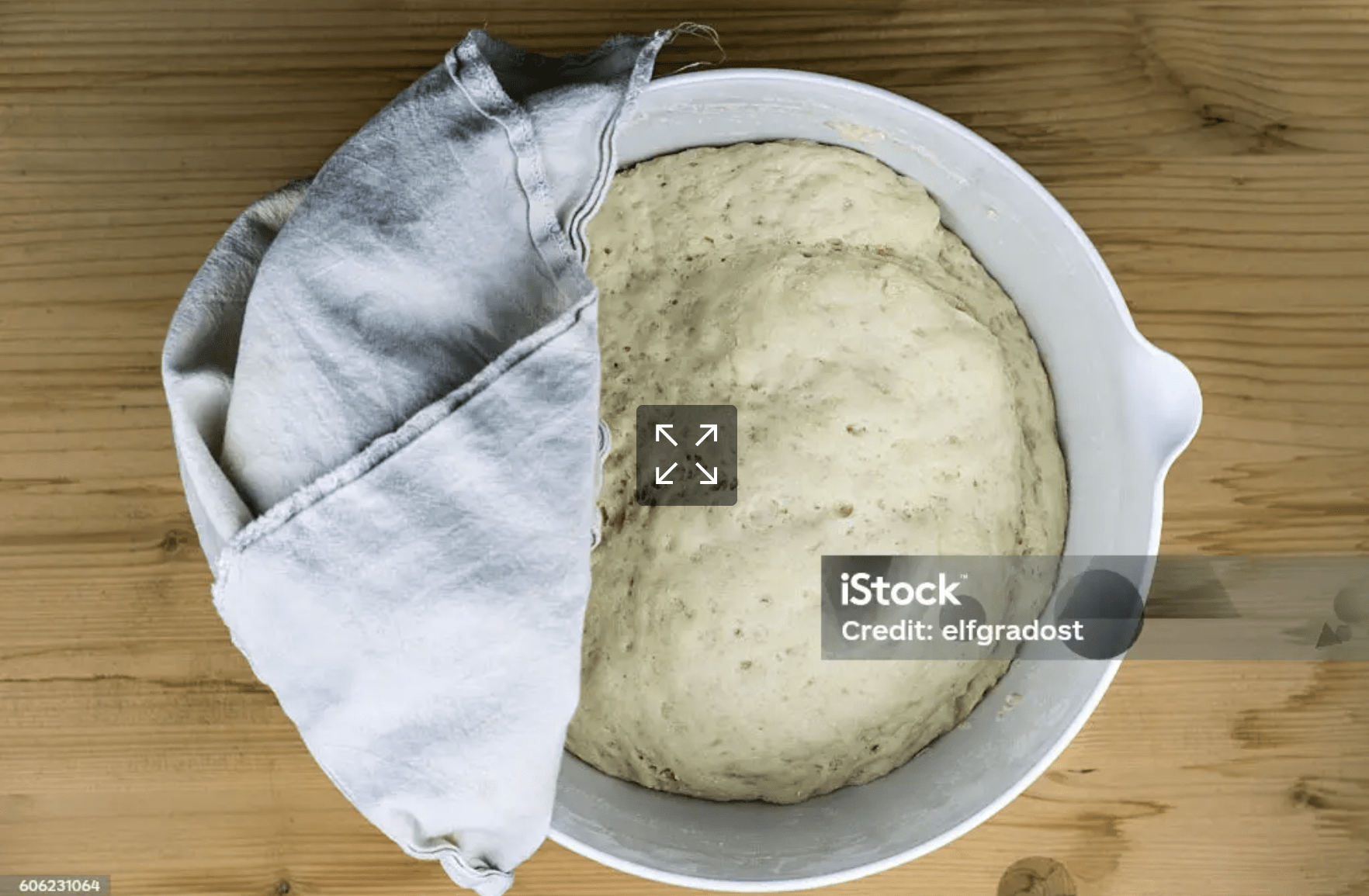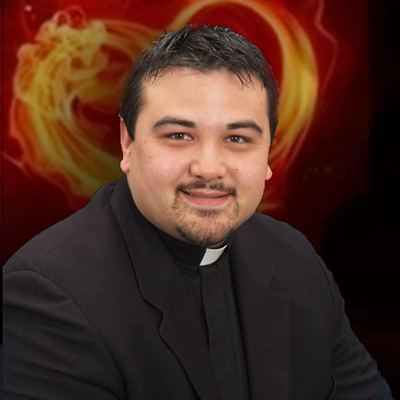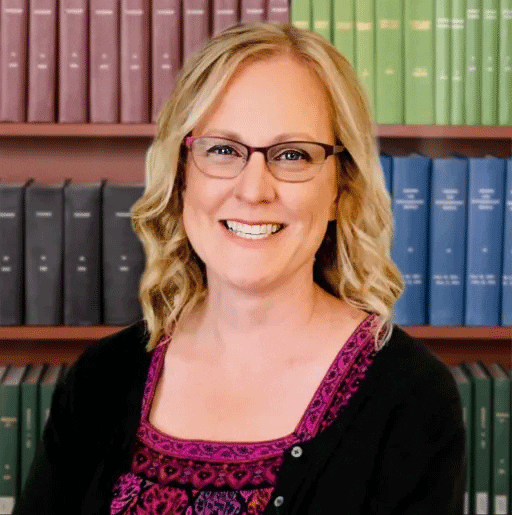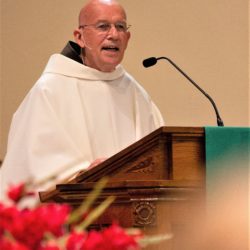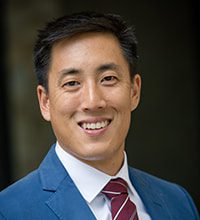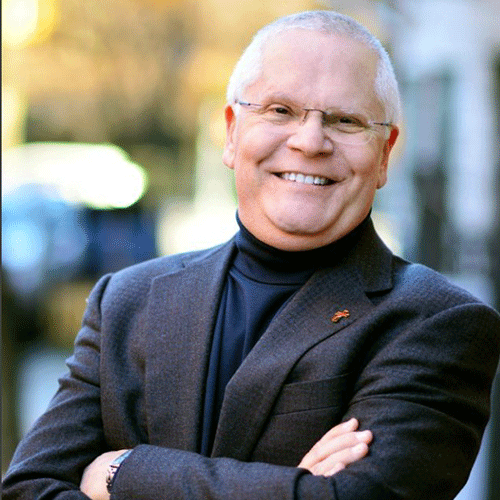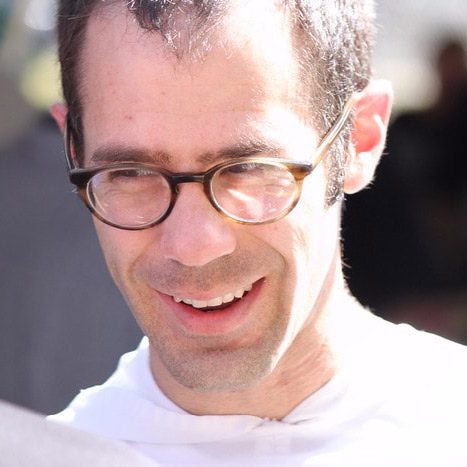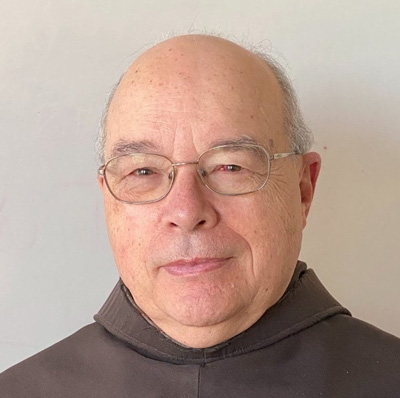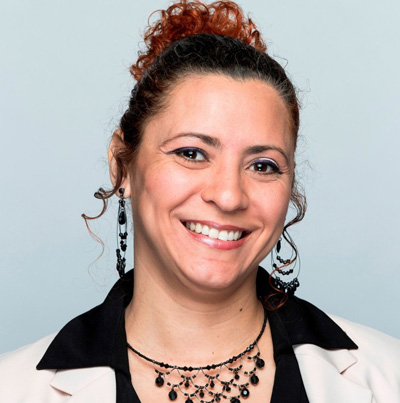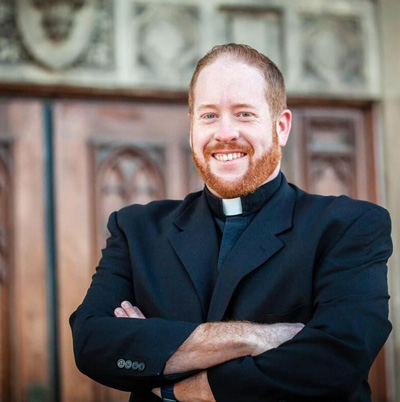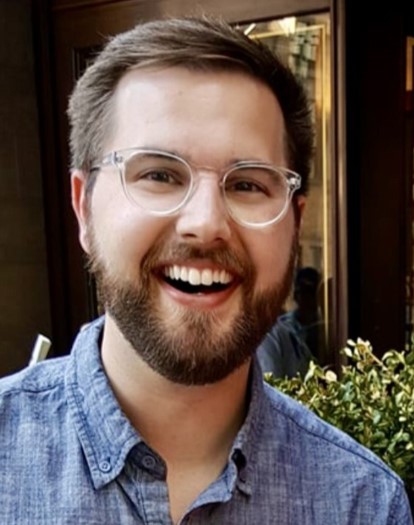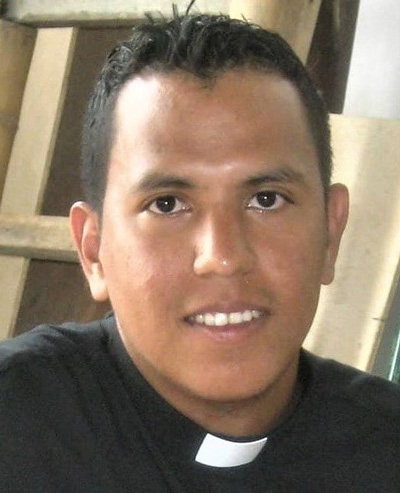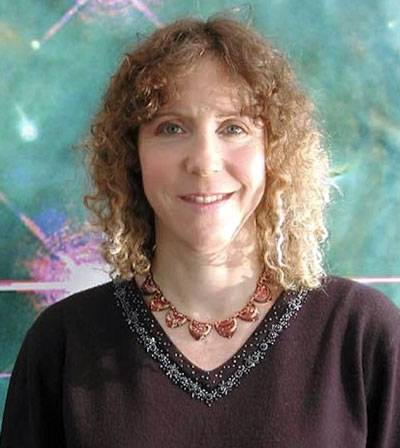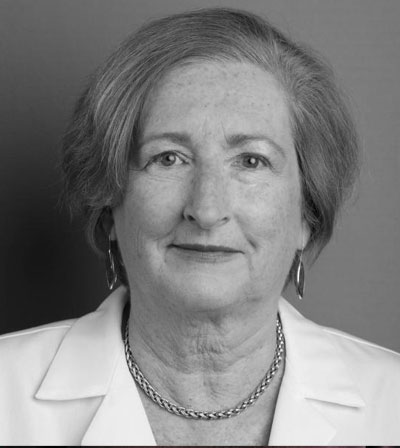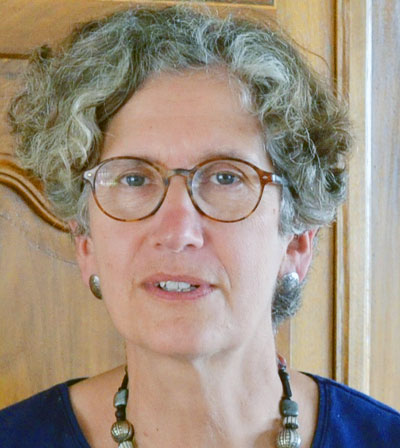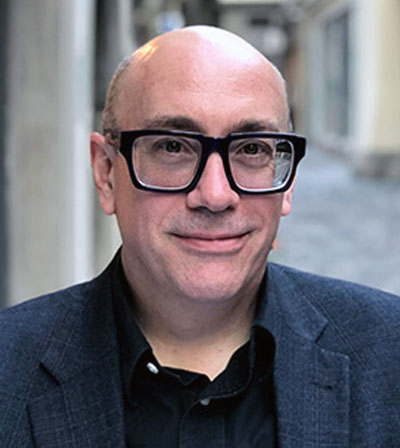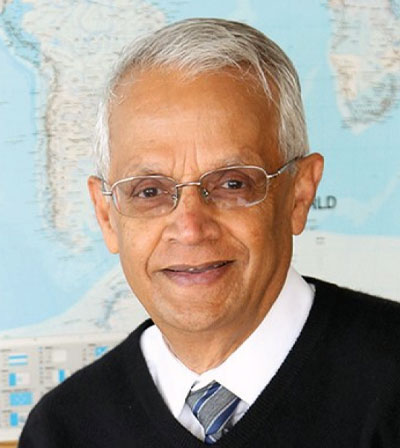Adam DeLeon, SJ
“Mzungu! How are you?” While walking through Kibera, considered the largest slum in sub-Sahara Africa, many children greet me with this phrase. In Kiswahili the word mzungu literally means “white person,” derived from a word that means “someone who wanders around aimlessly.” This word aptly described the way East African tribes viewed the first European explorers who looked lost and also captures how I have felt as I walk through Kibera on my way to St. Aloysius Gonzaga High School, a school serving AIDS orphans from this slum. The sights and sounds and smells of Kibera are overwhelming and disorienting at times. In some moments I feel like an outsider who is wandering around the slum. I am a long way from the familiar streets of my hometown Cleveland, Ohio. Yet, I never walk alone.
When I look back over the almost 10 year journey as a Jesuit scholastic who is in the formation process for priesthood, I can see how the people along this road have led me to Kibera and will keep leading me along the way.
After taking vows of perpetual poverty, chastity and obedience in the Society of Jesus, I worked with the men’s rugby team and in campus ministry during my three years of philosophy studies at Loyola University of Chicago. This was followed by my Regency stage during which I spent three years teaching, coaching and working as a campus minister at Christ the King Jesuit College Prep on the west side of Chicago. All of these experiences taught me to listen with my heart and be aware of the many ways God is at work in people’s lives.
As I walk the paved and dirt roads of Kibera, a student from St. Aloysius Gonzaga always accompanies me. These students are from Kibera – they look out for me as we walk and act as my guide.
And so, as we walk, they teach me Kiswahili, they explain Kenyan culture and customs to me, they share their life stories and what life in this slum is like, they share their hopes and dreams and fears, they share their passion and faith with me, and they bring to life the theology I read in books. They help orient me on my journey. Because of their guidance and support, along with all of those who have walked with me on my journey towards ordination, I can always answer, “Mzuri sana! Asante sana!” which means, “I am very good! Thank you very much!”
Homily Outlines
1st Sunday of Advent, Year A
25th Sunday in Ordinary Time, Year C
Solemnity of Saints Peter and Paul
Easter Sunday
Easter Sunday
Easter Sunday
1st Sunday in Advent, Year A
Homilists
Scientists

Preaching with Sciences

Edward Foley, Capuchin
Duns Scotus Professor Emeritus of Spirituality
Professor of Liturgy and Music (retired)
Catholic Theological Union
Vice-Postulator, Cause of Blessed Solanus

